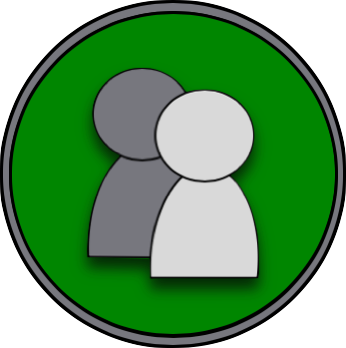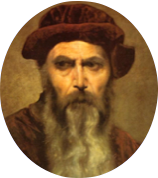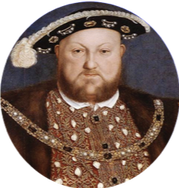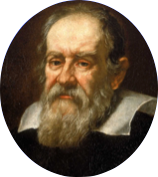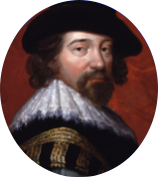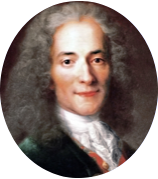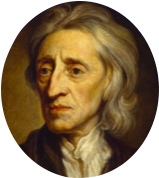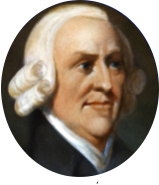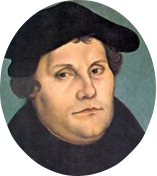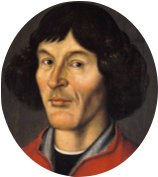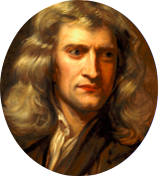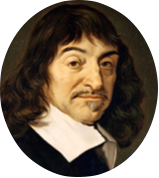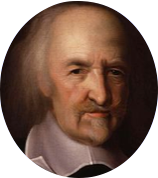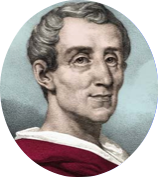-
American History
- American History Honors >
- Unit 0: 1763 - 1800 - Revolutionary America
- Unit 1: 1800 - 1848 - Expansion & Reform
- Unit 2: 1848 - 1877 - A Nation Divided
- Unit 3: 1865 - 1898 - The Gilded Age
- Unit 4: 1890 - 1920 - American World Debut
- Unit 5: 1920 - 1945 - Trials and Tribulations
- Unit 6: 1945 - 1963 - Cold War Tensions
- Unit 7: 1955 - 1980 - Conflicts & Resolutions
- Unit 8: 1980 - present - Modern America
-
World History
- World History Honors
- Unit 1: (1200-1450) - State Building in the Global Tapestry
- Unit 2: (1200-1450) - Networks of Exchange
- Unit 3: (1450-1750) - Land-Based Empires
- Unit 4: (1450-1750) - Sea of Exploration
- Unit 5: (1750-1900) - Revolutions
- Unit 6: (1750-1900) - Imperial Migration
- Unit 7: (1900-present) - Global Conflicts
- Unit 8: (1900-present) - Cold War & Decolonization
- Unit 9: (1900-present) - Globalization
-
Advanced Placement (AP)
-
AP World History
>
- Unit 1: (1200-1450) - State Building in the Global Tapestry
- Unit 2: (1200-1450) - Networks of Exchange
- Unit 3: (1450-1750) - Land-Based Empires
- Unit 4: (1450-1750) - Transoceanic Interconnections
- Unit 5: (1750-1900) - Revolutions
- Unit 6: (1750-1900) - Imperial Migration
- Unit 7: (1900-present) - Global Conflicts
- Unit 8: (1900-present) - Cold War & Decolonization
- Unit 9: (1900-present) - Globalization
-
AP European History
>
- Unit I - The Rise of Europe
- Unit II - Rebirth and Exploration
- Unit III - A Fractured Faith
- Unit IV - A Question of Sovereignty
- Unit V - A Shifting Society
- Unit VI - Revolution
- Unit VII - Political Turmoil
- Unit VIII - Rise of the Nation-State
- Unit IX - Forging the Modern Era
- Unit X - Imperialism and the Great War
- Unit XI - Global Conflicts
- Unit XII - The Long Peace
-
AP World History
>
- Civic Literacy
|
Vertical Divider
|
-
American History
- American History Honors >
- Unit 0: 1763 - 1800 - Revolutionary America
- Unit 1: 1800 - 1848 - Expansion & Reform
- Unit 2: 1848 - 1877 - A Nation Divided
- Unit 3: 1865 - 1898 - The Gilded Age
- Unit 4: 1890 - 1920 - American World Debut
- Unit 5: 1920 - 1945 - Trials and Tribulations
- Unit 6: 1945 - 1963 - Cold War Tensions
- Unit 7: 1955 - 1980 - Conflicts & Resolutions
- Unit 8: 1980 - present - Modern America
-
World History
- World History Honors
- Unit 1: (1200-1450) - State Building in the Global Tapestry
- Unit 2: (1200-1450) - Networks of Exchange
- Unit 3: (1450-1750) - Land-Based Empires
- Unit 4: (1450-1750) - Sea of Exploration
- Unit 5: (1750-1900) - Revolutions
- Unit 6: (1750-1900) - Imperial Migration
- Unit 7: (1900-present) - Global Conflicts
- Unit 8: (1900-present) - Cold War & Decolonization
- Unit 9: (1900-present) - Globalization
-
Advanced Placement (AP)
-
AP World History
>
- Unit 1: (1200-1450) - State Building in the Global Tapestry
- Unit 2: (1200-1450) - Networks of Exchange
- Unit 3: (1450-1750) - Land-Based Empires
- Unit 4: (1450-1750) - Transoceanic Interconnections
- Unit 5: (1750-1900) - Revolutions
- Unit 6: (1750-1900) - Imperial Migration
- Unit 7: (1900-present) - Global Conflicts
- Unit 8: (1900-present) - Cold War & Decolonization
- Unit 9: (1900-present) - Globalization
-
AP European History
>
- Unit I - The Rise of Europe
- Unit II - Rebirth and Exploration
- Unit III - A Fractured Faith
- Unit IV - A Question of Sovereignty
- Unit V - A Shifting Society
- Unit VI - Revolution
- Unit VII - Political Turmoil
- Unit VIII - Rise of the Nation-State
- Unit IX - Forging the Modern Era
- Unit X - Imperialism and the Great War
- Unit XI - Global Conflicts
- Unit XII - The Long Peace
-
AP World History
>
- Civic Literacy

